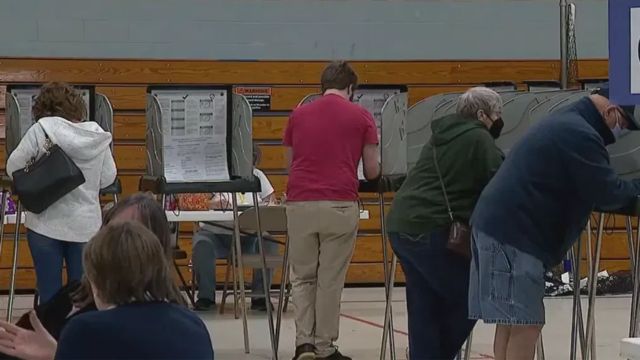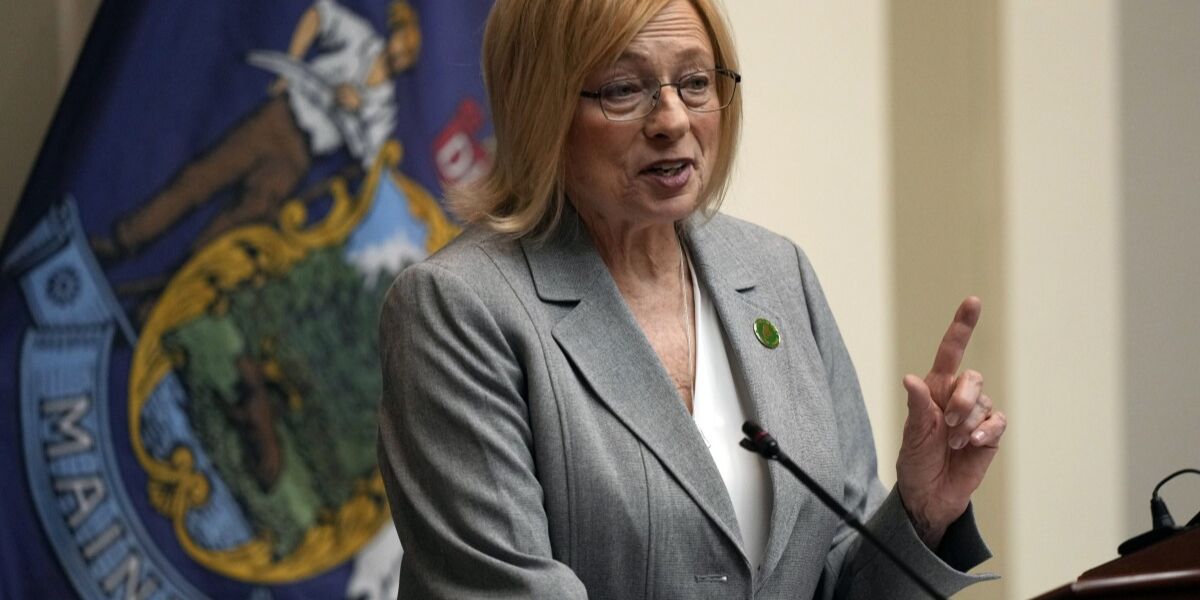Maine Governor Mills Greenlights National Popular Vote Bill, What Leader Decision Is Now!
AUGUSTA — According to the governor’s office, Janet Mills will let national popular vote legislation become law.
This entails including Maine’s four votes in an interstate compact that, if enough states agree, would do away with the Electoral College system.
It was a contentious issue at the State House and came up for a close vote earlier this month in the House.
Republicans persisted in their struggle even after it was passed. Leaders of the Maine GOP had urged Mills to veto the legislation.
She declared on Monday that she would not veto or sign the law. Rather, she’ll let it pass into law without her signature.
Related To – In Jujitsu Specialist Overdoses During Henderson Standoff, Sources Say
Maine’s four electoral college votes for President are pledged under the statute toward the national popular vote, provided that the compact has enough approval from states. The compact has 209 of the 270 Electoral College votes required, including Maine’s votes.
On Monday, Mills made a statement regarding her choice.
“I have been carefully contemplating this bill for the past 10 days, reading written documents, hearing people from all around Maine, and reviewing arguments for and against it.

Since a winner-take-all system reduces a candidate’s chances of winning Maine’s electoral votes, opponents have rightfully questioned whether presidential contenders would want to visit Maine and whether their time would be better spent elsewhere.
Proponents have cited the fact that in four presidential elections since 1876, the winner has lost the popular vote and that two of the last four presidents were elected to the nation’s highest office despite receiving less support from Americans than their rivals.
Some claim that this policy would lessen the power of rural voters, but in the end, it would guarantee that every vote counts equally regardless of whether the voter lives in a rural, urban, or suburban area, increasing voter equity.
Related To – Elderly Residents Take Stand Against Burglaries With Neighborhood Watch Here
Both sides’ arguments have substance, in my opinion. I am also aware that this proposal will not affect this year’s presidential election and that its enactment is not irreversible. It will also take effect only once several additional states with a total of at least 61 electoral votes adopt it.
I find it difficult to reconcile the possibility that a candidate who receives fewer actual votes than their opponent can still win the presidency, even though I acknowledge concerns about presidential candidates spending less time in Maine. It’s also very likely that candidates will spend more time in every state when every vote counts equally.
In my opinion, the winner of the most votes should be declared the president in the absence of ranked-choice voting. It would seem to be against the democratic basis of our nation to act otherwise.
I will permit this bill to become law without my signature because I want this significant national debate to go on and because I acknowledge that there is substance to all sides of the issue and that this proposal has been discussed in public multiple times in Maine.
The forthcoming presidential election in November will not be impacted by this.











